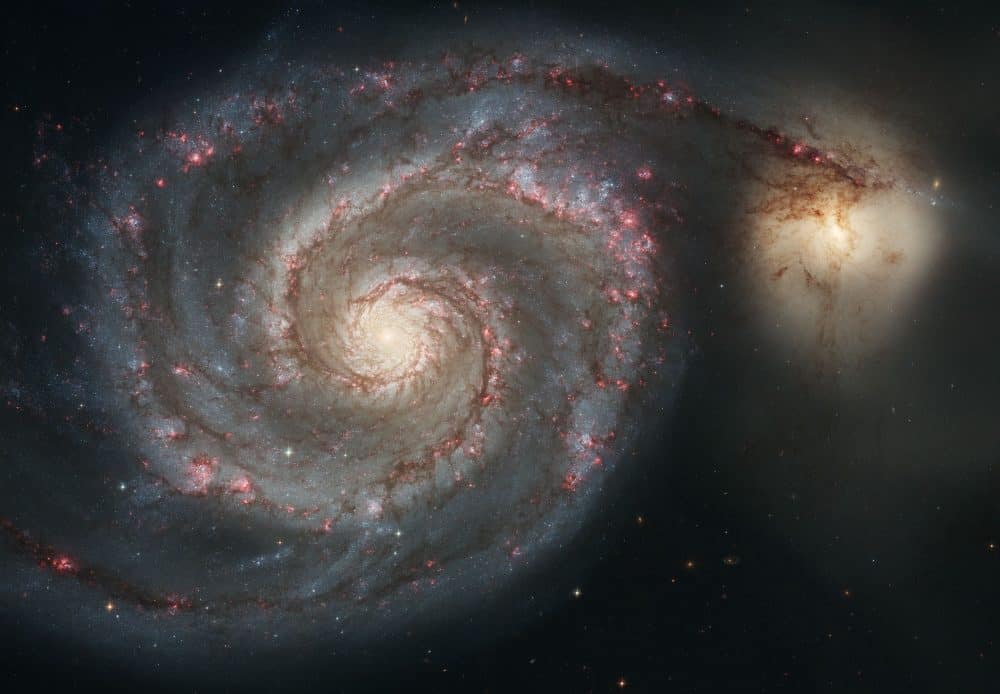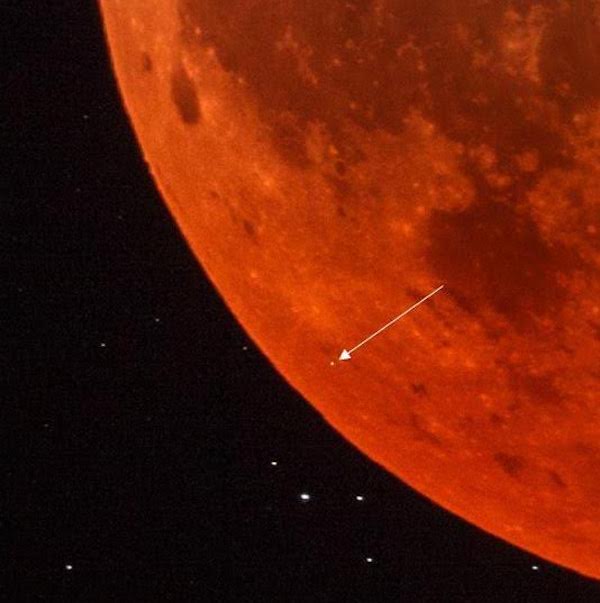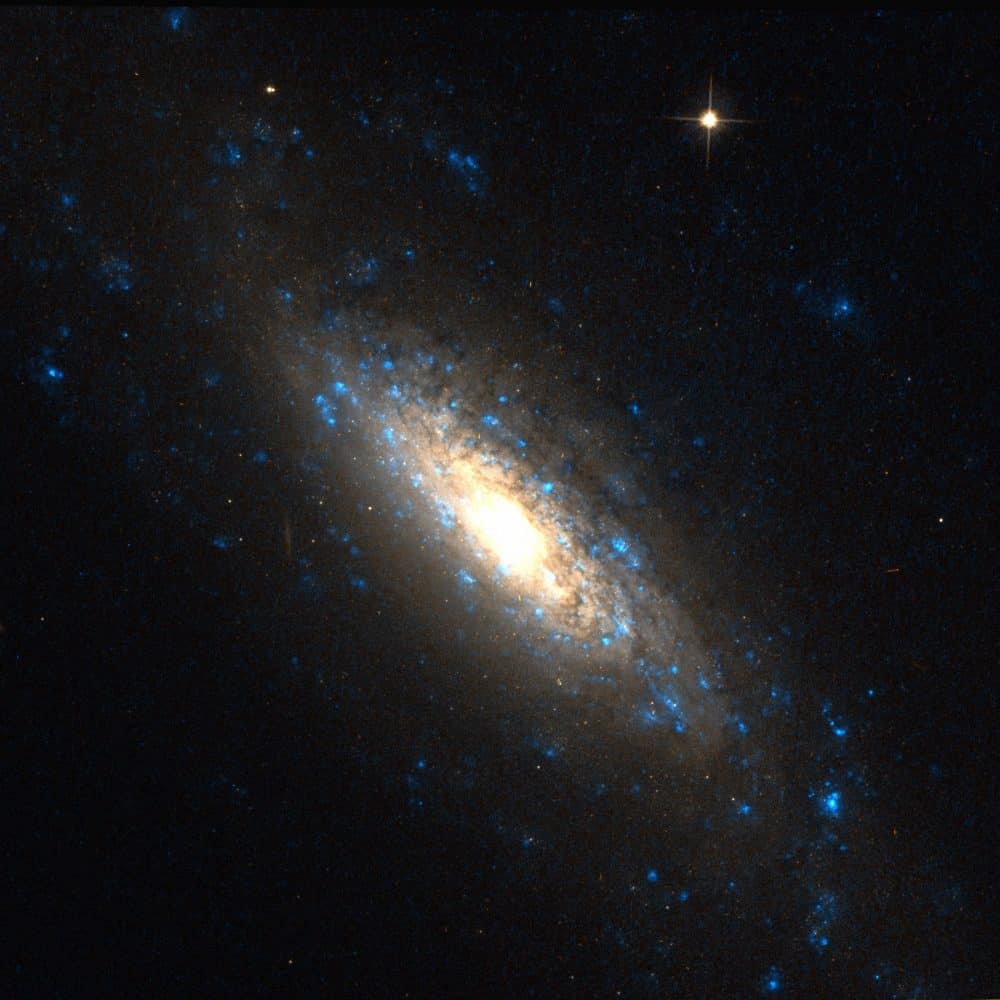Blog
John Adams Estes (January 25, 1899 or 1900 – June 5, 1977), known as Sleepy John Estes, was an American blues guitarist, songwriter and vocalist. Estes was born in Ripley, Lauderdale County, Tennessee, either in 1899 (the date on his gravestone) or 1900 (the date on his World War I draft card). In 1915, his father, a sharecropperwho played guitar, moved the family to Brownsville, Tennessee. Not long after, Estes lost the sight in his right eye when a friend threw a rock at him. At the age of 19, while working as a field hand, he began to perform professionally, mostly at parties and picnics, with the accompaniment of Hammie Nixon, a harmonica player, and James “Yank” Rachell, a guitarist and mandolin player. Estes continued to work on and off with both musicians for more than fifty years. He also performed in medicine shows with Willie Newbern.
At the suggestion of Jim Jackson, Estes made his debut as a recording artist in Memphis, Tennessee, in 1929, at a session organized by Ralph Peer for Victor Records. He recorded the tracks “Drop Down Mama” and “Someday Baby Blues” with Nixon in 1935. He later worked with Son Bonds and Charlie Pickett. He later recorded for Decca Records and Bluebird Records, with his last prewar recording session taking place in 1941. He made a brief return to recording at Sun Studio in Memphis in 1952, recording “Runnin’ Around” and “Rats in My Kitchen”, but otherwise was out of the public eye in the 1940s and 1950s.
more...World Music on Flamenco Fridays featuring Tangos. The flamenco tango is distinct from the flamenco rumba primarily through the guitar playing. In Rumba the guitar flows more freely, whereas in Tangos the accents on beats 2, 3 & 4 are marked clearly with heavy strumming.
https://www.youtube.com/watch?v=XW3kaPpZQBg
more...The Whirlpool Galaxy, also known as Messier 51a, M51a, and NGC 5194, is an interacting grand-design spiral galaxy with a Seyfert 2 active galactic nucleus. It lies in the constellation Canes Venatici, and was the first galaxy to be classified as a spiral galaxy. Its distance is estimated to be between 15 and 35 million light-years.
The galaxy and its companion, NGC 5195,are easily observed by amateur astronomers, and the two galaxies may be seen with binoculars. The Whirlpool Galaxy has been extensively observed by professional astronomers, who study it to understand galaxy structure (particularly structure associated with the spiral arms) and galaxy interactions.
What later became known as the Whirlpool Galaxy was discovered on October 13, 1773, by Charles Messier while hunting for objects that could confuse comet hunters, and was designated in Messier’s catalogue as M51. Its companion galaxy, NGC 5195, was discovered in 1781 by Pierre Méchain, although it was not known whether it was interacting or merely another galaxy passing at a distance. In 1845, William Parsons, 3rd Earl of Rosse, employing a 72-inch (1.8 m) reflecting telescope at Birr Castle, Ireland, found the Whirlpool possessed a spiral structure, the first “nebula” to be known to have one. These “spiral nebulae” were not recognized as galaxies until Edwin Hubble was able to observe Cepheid variables in some of these spiral nebulae, which provided evidence that they were so far away that they must be entirely separate galaxies even though they are seen close together.
more...Joe Albany (born Joseph Albani; January 24, 1924 – January 12, 1988) was an American modern jazz pianist who played bebop with Charlie Parker as well as being a leader on his own recordings.
James Robert Forrest Jr. (January 24, 1920 – August 26, 1980) was an American jazz musician, who played tenor saxophone throughout his career.
Forrest is known for his first solo recording of “Night Train“. It reached No. 1 on the Billboard R&B chart in March 1952, and stayed at the top for seven weeks. “Hey Mrs. Jones” (No. 3 R&B) and “Bolo Blues” were his other hits. All were made for United Records, which recorded Forrest between 1951 and 1953. He recorded frequently as both a sideman and a bandleader.
Born in St. Louis, Missouri, United States, Forrest played alongside Fate Marable as a young man. He was with Jay McShann in 1940-42 and with Andy Kirk from 1942 until 1948 when he joined Duke Ellington. During the early 1950s, Forrest led his own combos. He also played with Miles Davis, in early 1952 at The Barrel Club. After his solo career, he played in small combos with Harry “Sweets” Edison and Al Grey, as well as appearing with Count Basie.
Late in life Forrest married Betty Tardy, and settled in Grand Rapids, Michigan, where he died in August 1980, aged 60, from heart failure.
more...James Avery Parrish (January 24, 1917 – December 10, 1959) was an American jazz pianist, composer and arranger. He wrote and recorded “After Hours“. Injuries from a bar fight in 1943 ended his career as a pianist.
Parrish was born in Birmingham, Alabama. His parents were Curley and Fannie G Parrish. Avery had at least one brother, who became an educator.
Parrish graduated from Parker High School in Birmingham. According to a gossip columnist in 1935, Parrish was at that time married to singer Velma Middleton.
Parrish studied at the Alabama State Teachers College, where he played in the Bama State Collegians, an ensemble led by Erskine Hawkins. He remained in Hawkins’s employ until 1942, and recorded with him extensively. Parrish wrote the music to “After Hours“, and a 1940 recording of the tune with Hawkins’s orchestra resulted in its becoming a jazz standard. He also wrote arrangements for Hawkins.
In August 1942 Parrish was injured in a car crash that killed Marcellus Green, one of Hawkins’s trumpeters. They were in a group of five in the vehicle, driving between Pittsburgh and Chattanooga to gigs when it overturned.Parrish left Hawkins later that year.
more...Oliver Mtukudzi, one of the most important figures in Zimbabwean music in the past decades, died on January 23, 2019 at the Avenues Clinic in Harare, Zimbabwe.
Oliver Mtukudzi, also known as “Tuku,” was born on September 22, 1952 in Harare. He was an acclaimed guitarist, vocalist, songwriter, composer, actor, philanthropist, human rights activist and UNICEF Goodwill Ambassador for the southern Africa Region.
more...https://www.youtube.com/watch?v=03chCg8l2yU
more...Astronomers are saying it might be the first known event of its kind, a flash of light seen during a total lunar eclipse. The eclipse took place during the night of January 20-21, 2019, and many caught it on film (see photos). But some sharp-eyed photographers and livestream viewers also noticed a flash on one edge of the moon, as a rock from space struck the surface of Earth’s companion world, just as the total eclipse was beginning.
Flashes on the moon have been reported before, but never on a moon in eclipse, to our knowledge. The flashes tend to be faint and short lived, and, when one occurs, astronomers want to check to be sure the flash isn’t from a camera, and not the moon itself. In this case, many images showed the same thing, a flash south of the crater Byrgiu – on the western part of the moon – at 4:41 UTC.
more...Gary Burton (born January 23, 1943) is an American jazz vibraphonist, composer, and educator. Burton developed a pianistic style of four-mallet technique as an alternative to the prevailing two-mallet technique. This approach caused him to be heralded as an innovator, and his sound and technique are widely imitated. He is also known for pioneering fusion jazz and popularizing the duet format in jazz, as well as being a major figure in music education from his 30 years at the Berklee College of Music.
Burton was born in Anderson, Indiana in 1943. Beginning music at six years old, he mostly taught himself to play marimba and vibraphone. He began studying piano at age sixteen while finishing high school at Princeton Community High School in Princeton, Indiana (1956–60). He has cited jazz pianist Bill Evans as the inspiration for his approach to the vibraphone.
Burton attended Berklee College of Music in Boston in 1960–61 and the Stan Kenton Clinic at Indiana University in 1960. He studied with Herb Pomeroy and soon befriended composer and arranger Michael Gibbs. After establishing his career during the 1960s, he returned to join the staff of Berklee from 1971–2004, serving first as professor, then dean, and executive vice president during his last decade at the college. In 1989, Burton received an Honorary Doctorate of Music from Berklee.
more...Curtis Counce (January 23, 1926 – July 31, 1963) was an American hard bop and West Coast jazz double bassist.
Counce was born in Kansas City, Missouri and moved to California in 1945. He began recording in 1946 with Lester Young, and in the 1950s in Los Angeles with musicians such as Shorty Rogers, Stan Kenton, Shelly Manne, Lyle Murphy, Teddy Charles, and Clifford Brown. Counce formed his quintet in 1956 featuring tenor saxophonist Harold Land, trumpeter Jack Sheldon, pianist Carl Perkins and drummer Frank Butler. Elmo Hope replaced Perkins after his death at age 29 in 1958. Gerald Wilson replaced Sheldon on some recordings. The four albums originally released on Contemporary Records were reissued in 2006 on a double CD by Gambit Spain. Counce died in Los Angeles, California, of a heart attack.
https://www.youtube.com/watch?v=vugd351ggOY
more...Jean Reinhardt (23 January 1910 – 16 May 1953) stage name Django Reinhardt (French: [dʒãŋɡo ʁɛjnaʁt] or [dʒɑ̃ɡo ʁenɑʁt]), was a Belgian-born Romani-French jazz guitarist and composer, regarded as one of the greatest musicians of the twentieth century. He was the first jazz talent to emerge from Europe and remains the most significant.
With violinist Stéphane Grappelli, Reinhardt formed the Paris-based Quintette du Hot Club de France in 1934. The group was among the first to play jazz that featured the guitar as a lead instrument. Reinhardt recorded in France with many visiting American musicians, including Coleman Hawkins and Benny Carter, and briefly toured the United States with Duke Ellington‘s orchestra in 1946. He died suddenly of a stroke at the age of 43.
Reinhardt’s most popular compositions have become standards within gypsy jazz, including “Minor Swing“, “Daphne”, “Belleville”, “Djangology”, “Swing ’42”, and “Nuages“. Jazz guitarist Frank Vignola claims that nearly every major popular-music guitarist in the world has been influenced by Reinhardt. Over the last few decades, annual Django festivals have been held throughout Europe and the U.S., and a biography has been written about his life. In February 2017, the Berlin International Film Festival held the world premiere of the French film, Django.
Reinhardt was born on 23 January 1910 in Liberchies, Pont-à-Celles, Belgium, into a Belgian family of Manouche Romani descent.
more...from the group Refugees for Refugees
more...NGC 5879 is a spiral galaxy in the constellation Draco. The galaxy was discovered in 1788 by William Herschel. It is a member of the NGC 5866 Group. 52.5mly
more...Eberhard Weber (born 22 January 1940 in Stuttgart) is a German double bassist and composer. As a bass player, he is known for his highly distinctive tone and phrasing. Weber’s compositions blend chamber jazz, European classical music, minimalism and ambient music, and are regarded as characteristic examples of the ECM Records sound.
Weber began recording in the early 1960s, and released The Colours of Chloë (ECM 1042), his first record under his own name, in 1973. In addition to his career as a musician, he also worked for many years as a television and theater director. He has designed an electric-acoustic bass with an additional string tuned to C.
Weber’s music, often in a melancholic tone, frequently utilizes ostinatos, yet is highly organized in its colouring and attention to detail. He was an early proponent of the solid-body electric double bass, which he has played regularly since the early 1970s.
From the early 1960s to the early 1970s, Weber’s closest musical association was with pianist Wolfgang Dauner. Their many mutual projects were diverse, from mainstream jazz to jazz-rock fusion to avant-garde sound experiments. During this period, Weber also played and recorded with pianists Hampton Hawes and Mal Waldron, guitarists Baden Powell de Aquino and Joe Pass, The Mike Gibbs Orchestra, violinist Stephane Grappelli, and many others.
Starting with The Colours of Chloë, Weber has released 13 more records under his own name, all on ECM. The ECM association also led to collaborations with other ECM recording artists such as Gary Burton (Ring, 1974; Passengers, 1976), Ralph Towner (Solstice, 1975; Solstice/Sound and Shadows, 1977), Pat Metheny (Watercolors, 1977), and Jan Garbarek (10 recordings between 1978 and 1998).
https://www.youtube.com/watch?v=XDCvxm0FGKo
more...More Posts
- Betty Carter
- World Music Ali Farka Touré & Oumou Sangaré
- Daily Roots Lee Perry & The Upsetters
- Two Dogs
- Cosmos eMACS J1823.1+7822
- Oscar Castro-Neves
- Brian Eno
- Ellis Larkin
- World Music Manwa Sisters
- Daily Roots The Crystalites
- The Defeat of Jesse James Musical
- Happy Mothers Day 2023
- Cosmos M51
- Vic Flick
- Jack Bruce
- Zutty Singleton
- World Music Prince Nico
- Daily Roots Sizzla
- The Defeat of Jesse James Musical
- Cosmos Sh2-274





